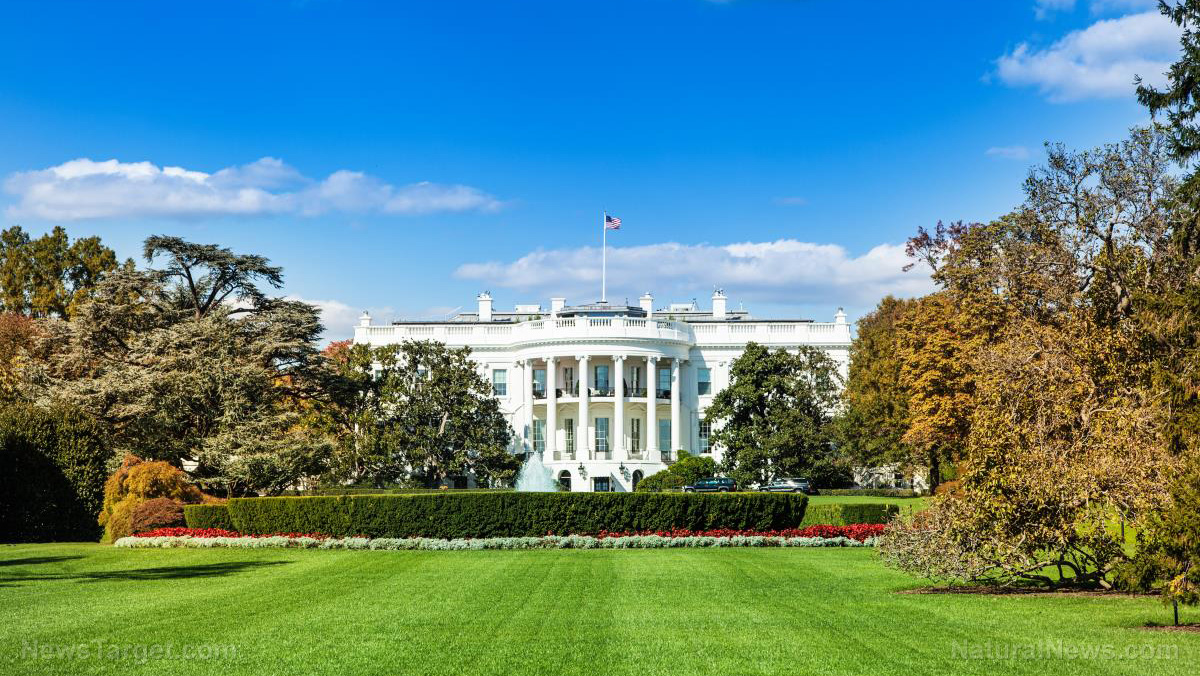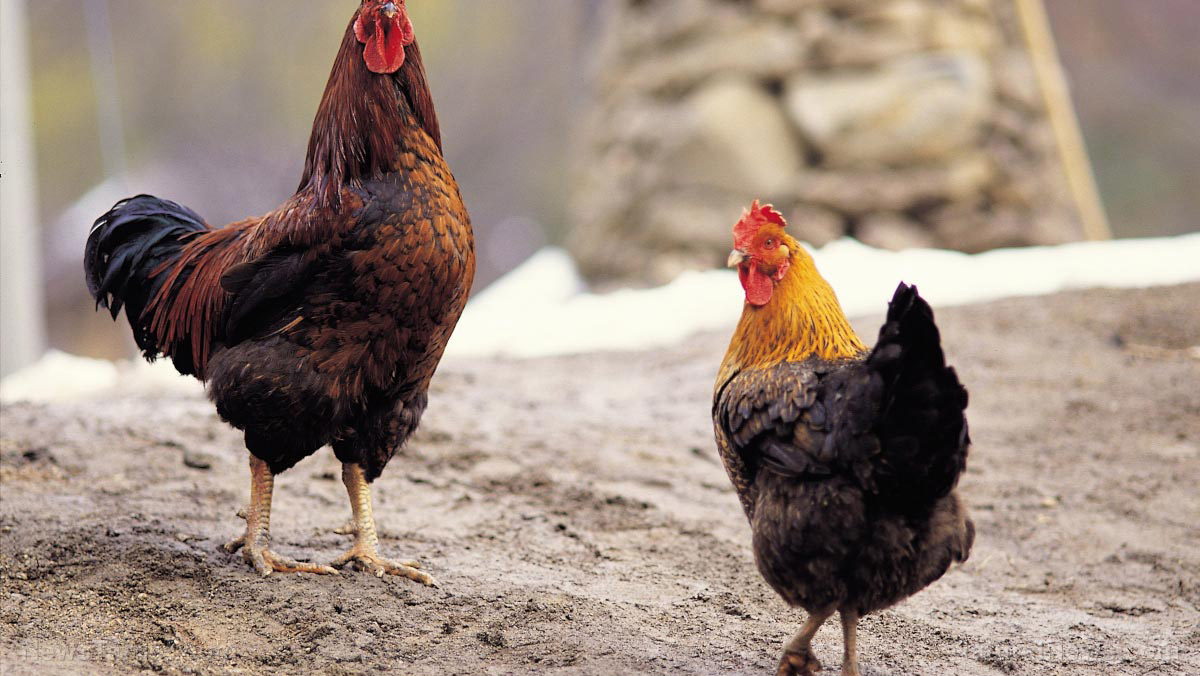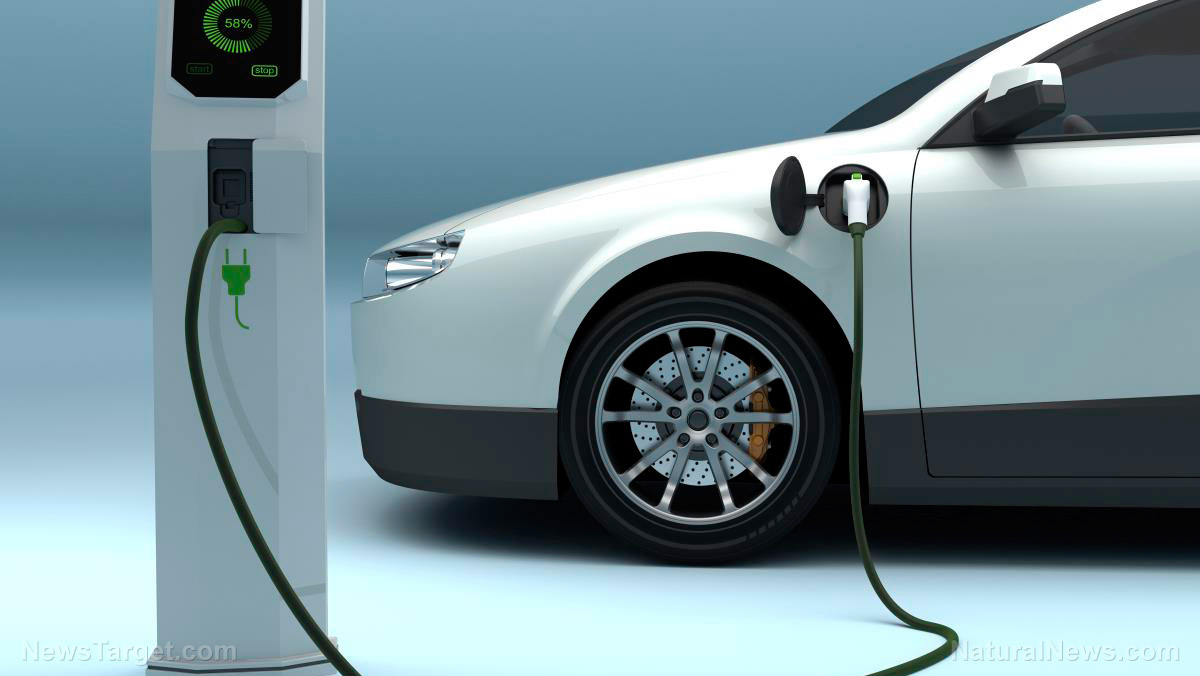
This means that urban areas experience the same amount of rainfall but in a shorter amount of time, which can lead to more intense bursts compared to rural areas, explained lead investigator Vasu Misra.
The study appeared online in NPJ Climate and Atmospheric Science.
Changing land cover leads to changes in climate
The Florida peninsula has a unique climate with a distinct wet season because of its proximity to the equator. The area is said to be among the wettest regions in the U.S. and has seen its fair share of extreme wet events. The region has also experienced an explosive growth in population, which resulted to a boom in development. In their research, scientists looked at the effects of increased development on the climate.
In 2012, Misra and his colleagues examined temperature trends in the Southeast. They found that temperature trends for the two regions were difference because each had different land covers.
Land cover refers to the physical material at the surface of the Earth. Some examples of land covers include vegetation, manmade construction, water, sand, forest, ice and bare rock.
In their report, the team examined how land covers could affect climate trends in Florida. To that end, they used a system to index urban land cover on a scale of one to four, with one being least urban. They then mapped the relationship between land development and the length of Florida's wet season.
They found that changing land cover over the past four to six decades led to a decrease in wet-season length by 3.5 hours per year in Florida's most urban areas compared to its most rural areas. Interestingly, changing land cover did not affect the amount of rainfall that urban and rural areas received each year. Both regions received the same amount of rainfall as well.
So while rural regions had long, moderate periods of rain, urban regions had shorter, more intense bursts of it, especially during the summer months.
According to Misra, the strong link between land cover and trends in rainfall appear to suggest that land cover has everything to do with changing wet seasons.
The researchers weren't able to determine how exactly does changes in land cover affect trends in rainfall. But Misra has his suspicions. One theory is that in urban areas that hardly have any vegetation, water from rain would be carried away as road runoff instead of naturally evaporating and later condensing into droplets.
Another theory attributes intense bursts of rainfall to higher concentrations of water vapor in the air column, which corresponds to warmer temperatures in urban areas.
Meanwhile, other researchers have observed that thunderstorms would split and diffuse as they approach urban areas, possibly due to disruptive circulation from developed land cover.
But no matter the cause, Misra and his colleagues' study suggests that Florida could see even shorter and more intense wet seasons in the future if urban development in the peninsula continues at its current rate. (Related: We’re doing it to ourselves: Human activity found to impact weather, weather outcomes.)
Follow Climate.news to learn more about the factors and conditions that influence climate.
Sources include:
Please contact us for more information.























